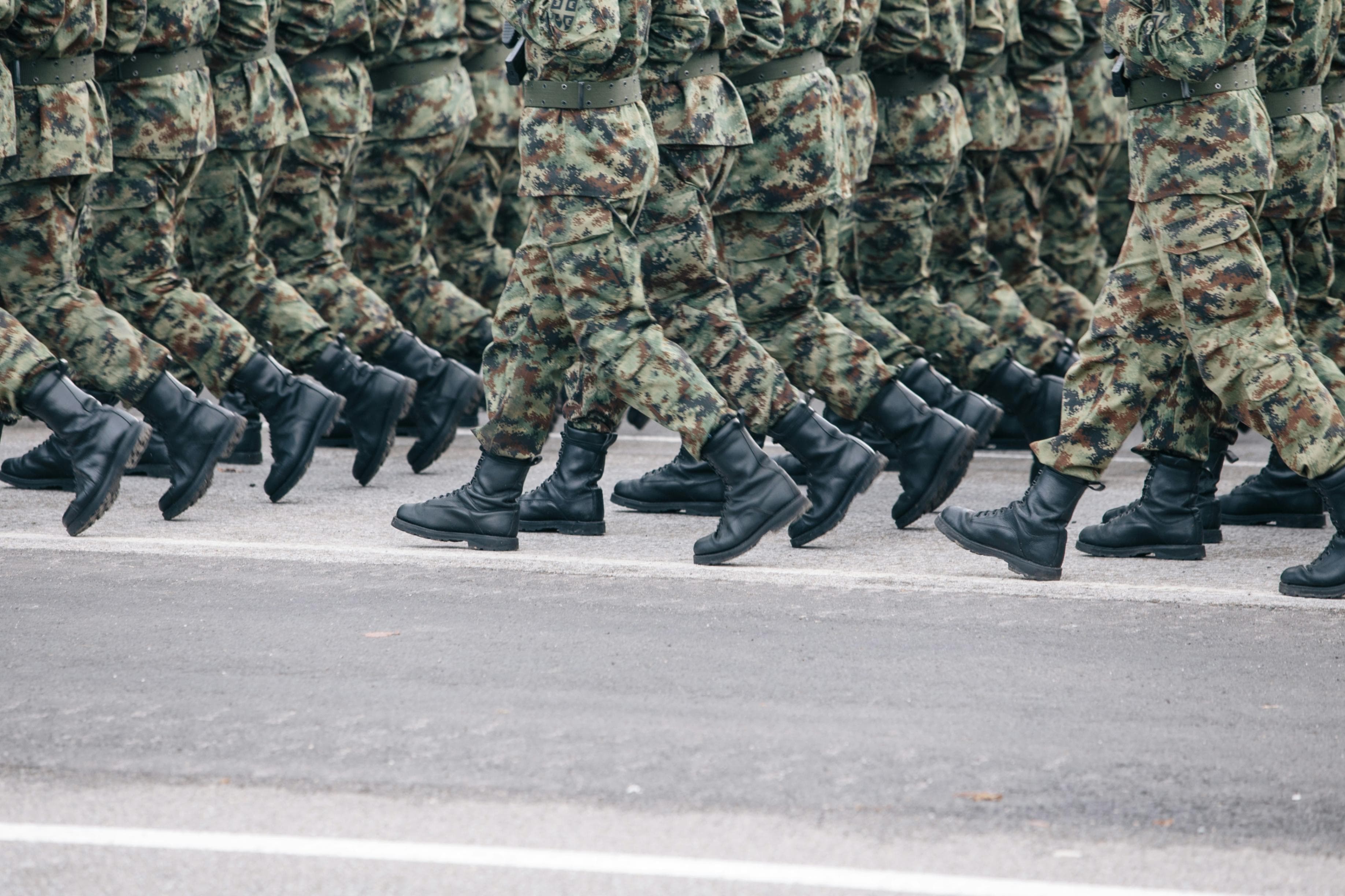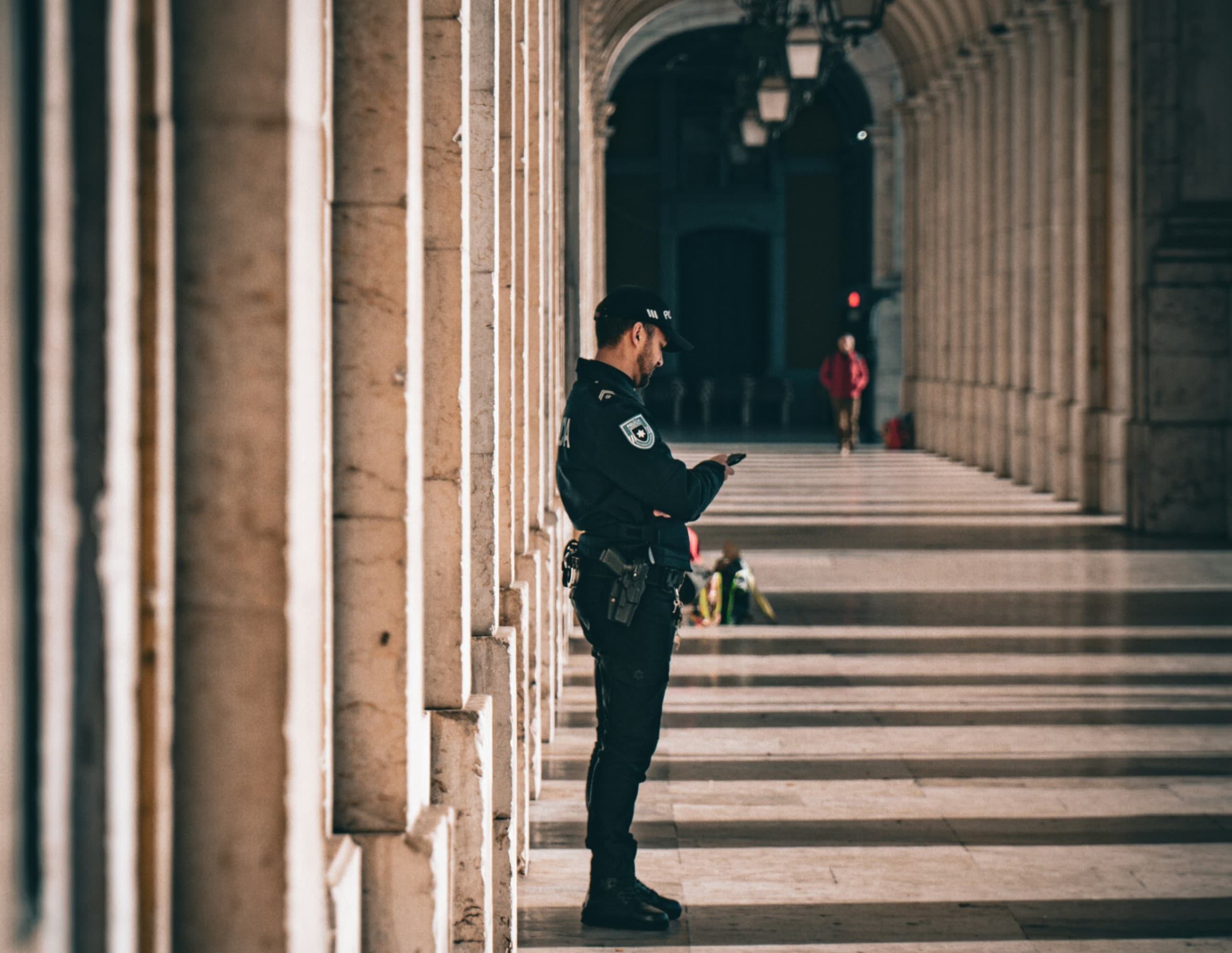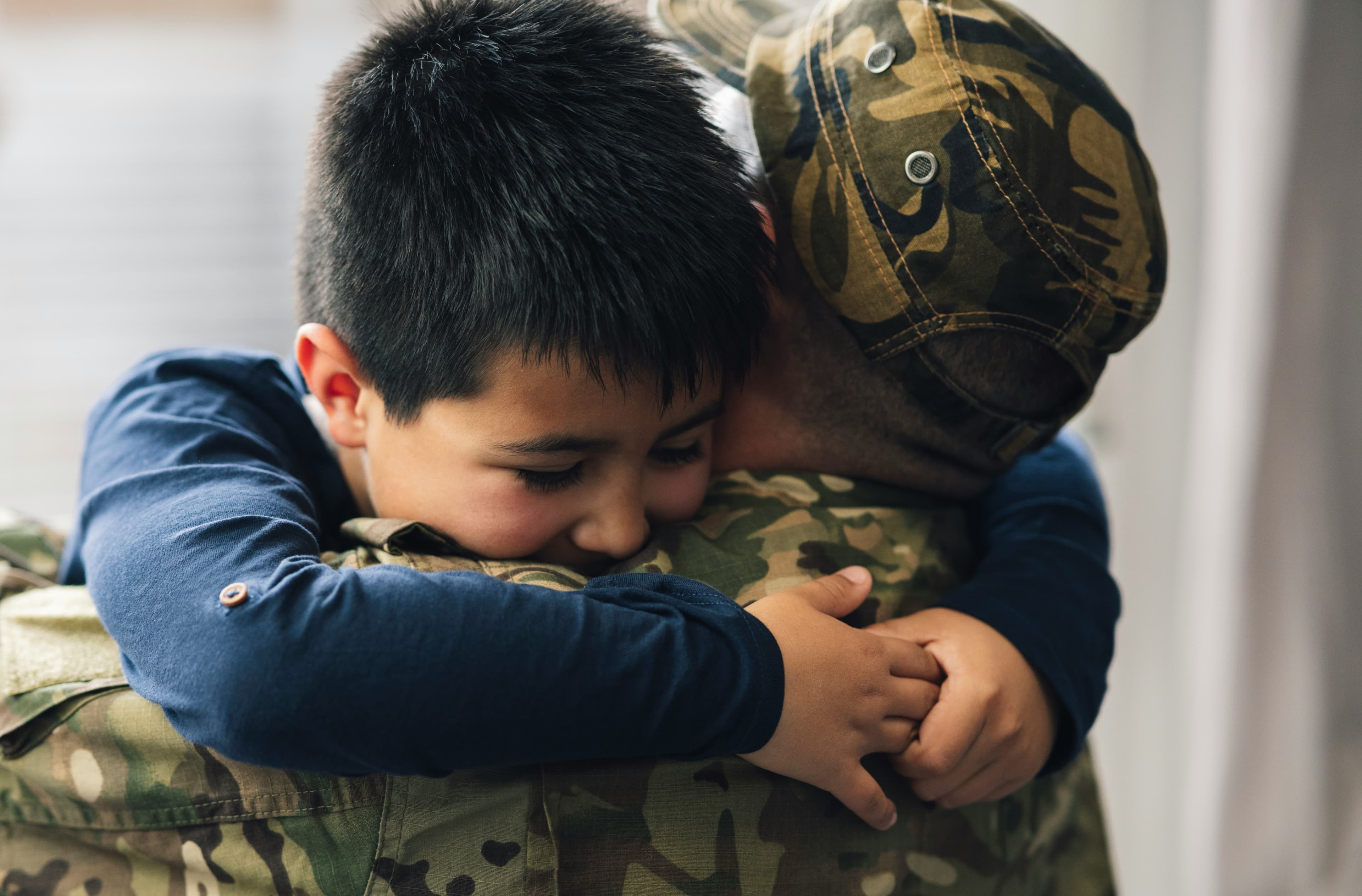
Out of Formation: Marching to a New Beat After Military Life
Leaving the military isn’t just a career change — it’s a life shift. After serving in the United States Air Force, including 17 intense months working Quick Reaction Force in Balad, Iraq, knowing that it was time to stop wasn't easy. Because for me, like many others, separation didn’t just mean leaving the mission. It meant leaving my tribe.
In the military, your tribe isn’t just the people you serve with — it’s the system of support that makes you feel seen, valued, and understood. Whether you’re on the gate, in a convoy, or posted up in the desert, there’s always someone watching your six. You don’t need to explain yourself — you just belong. This kind of bond is hard to replicate in civilian life. The shift from tight-knit team dynamics to navigating the lone-wolf mentality of many workplaces was jarring. I wasn’t just missing the job. I was missing my people.
After retiring, I spent nearly three years struggling to find a new tribe. The culture was different. The communication felt off. And I didn’t feel like I had a place where my experience translated. Many veterans gravitate toward law enforcement or public service roles for this exact reason — it’s a familiar rhythm. There’s structure, teamwork, and a sense of purpose. But even in those fields, it’s not quite the same. The camaraderie is different, the leadership styles shift, and the unspoken bond we had in uniform isn’t always there.
Behind the career shift is a deeper, quieter battle — the mental and emotional toll of transition. For those of us used to being mission-focused and constantly needed, retirement can feel like freefall. You start to question your value, your direction, even your identity. The truth is, the uniform may come off — but the weight we carried doesn’t always lift. Whether it’s anxiety, isolation, or just the haunting feeling of being unmoored, mental health challenges are real. And they’re more common than most of us are willing to admit.
The turning point came when I stopped trying to replace my old tribe and started building a new one. Over the last five years, I’ve reconnected with purpose, surrounded myself with like-minded people, and found new ways to lead and serve. Veteran organizations, civic leadership, coaching youth sports, and even online platforms like CityGov have become part of my new tribe. These are places where my experience matters, my voice has value, and I can still contribute to something bigger than myself.
Leaving the military is more than a transition — it’s a test of identity. You’re not just turning in gear and walking away from a base. You’re stepping away from a lifestyle, a tribe, and a purpose that shaped who you are.
But it’s not the end. It’s the beginning of a new chapter. To the veterans out there still searching — I see you. I’ve been you. And I promise, your tribe is out there. You just might have to build it. Piece by piece. Person by person. Purpose by purpose. You still matter. You still belong. You’ve still got a lot left to give.
References
Alden, D. S. (2013). "Understanding the Military: The Institution, the Culture, and the People." Substance Abuse in Military Life. Retrieved from https://www.ncbi.nlm.nih.gov/pmc/articles/PMC3665200/
Burnett-Zeigler, I., Ilgen, M., Valenstein, M., Zivin, K., Gorman, L., Blow, A., Duffy, S., & Chermack, S. (2011). "Prevalence and correlates of alcohol misuse among returning Afghanistan and Iraq veterans." Addictive Behaviors, 36(8), 801-806. doi:10.1016/j.addbeh.2011.03.013
Sayer, N. A., Noorbaloochi, S., Frazier, P., Carlson, K., Gravely, A., & Murdoch, M. (2010). "Reintegration problems and treatment interests among Iraq and Afghanistan combat veterans receiving VA medical care." Psychiatric Services, 61(6), 589-597. doi:10.1176/ps.2010.61.6.589
More from 2 Topics
Explore related articles on similar topics





